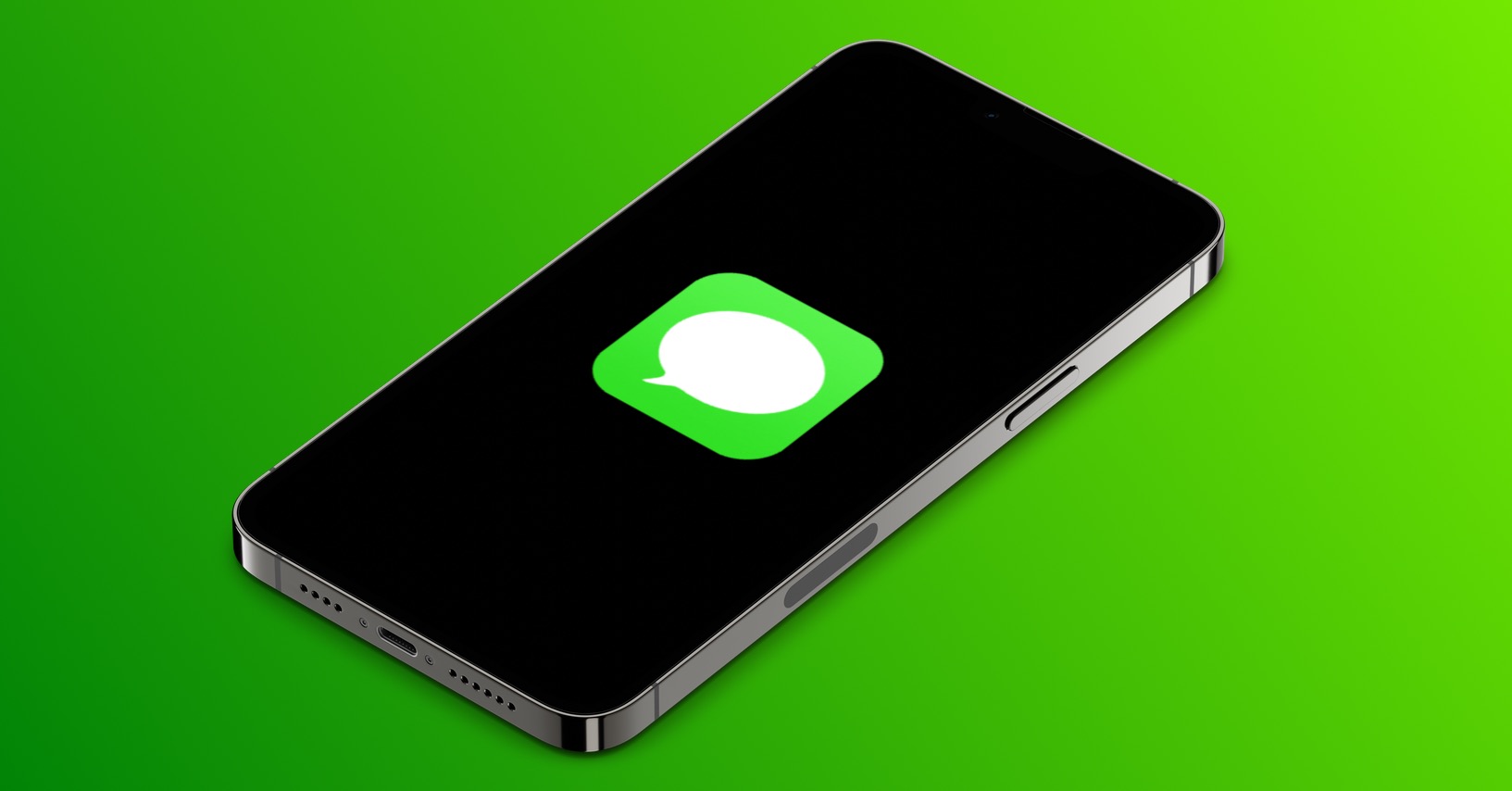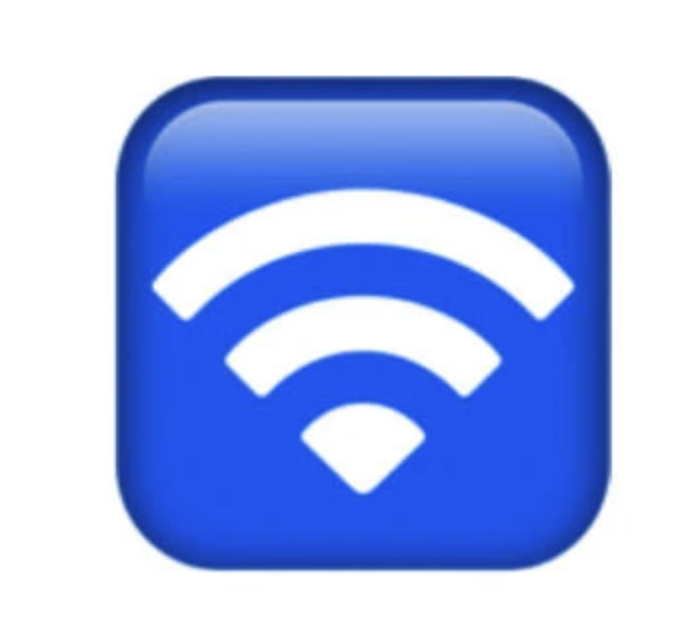The world of mobile operating systems is dominated by only two systems, namely iOS and Android. Although the second-named leaves the first behind in terms of user base thanks to the support of a much larger number of phones, de facto from the very beginning, however, in both cases we are talking about platforms with hundreds of millions of users. Even so, from time to time in various discussion forums or comments, posts like "someone should make a new OS to paint the two" or "everything will be different when the new OS arrives" appear from time to time. At the same time, it is not difficult to say that the probability of a new, really powerful operating system for mobile phones, which would complement the existing pair, is almost zero.
The entry of a new OS into the current pond is more or less impossible for several reasons. The first is the fact that in order for the given system to be viable, from the logic of the matter, its creator would have to succeed in getting it on as many phones as possible, which would both strengthen its user base (or maybe it would be better to say founded) and weaken the competition . However, for that to happen, its creator would have to come up with something that would make smartphone manufacturers switch from the existing solution to theirs. We are not only talking about money, but also various software solutions and the like. The catch, however, is that all these processes have been set up for Android and iOS for years, and therefore, logically, these systems are years ahead of any competition in this direction. Therefore, it is hard to imagine that something could be created on the green field now and it would be attractive to smartphone manufacturers.
It could be interest you

Another huge catch for the new operating system is the overall input timing. It's not true everywhere that you can't catch up with a missed train, but in the world of operating systems it's like that. Both Android and iOS are not only developing as a whole, but over time, for example, applications from third-party developers' workshops are added to it, thanks to which hundreds of thousands of different software can currently be installed on both systems. But of course, a brand new system not only cannot offer this at the beginning, but quite possibly it will not be able to offer it even after years of operation. After all, let's remember Windows Phone, which disappeared precisely because it was not attractive to users and developers, when some expected applications and others expected a user base. And trust me I know what I'm talking about. I was also a Windows Phone user, and although I loved the phone's system and today I wouldn't be afraid to call it timeless, it was hell in terms of third-party apps. I remember like it was yesterday secretly envying my friends with Androids what they could download on their phones and I couldn't. It was the era of Pou or Subway Surfers, which I could only dream about. The same could be said, for example, about the "bubble" chat in Messenger, when individual chats were minimized into bubbles and could be activated simply in the foreground of any application. In all honesty though, I have to say that given the user bases of Android and iOS and the size of Windows Phone, I'm not surprised that the developers overlooked it in retrospect.
It would probably be possible to come up with many reasons for the creation of a new OS for mobile phones, but for our article we will only need one, and that is user comfort. Yes, both Android and iOS have some things that get on people's nerves, but it's safe to say that if someone doesn't like something in one system, they can switch to the other and it will give them what they want. In other words, both Android and iOS are extremely complex systems aimed at an equally extreme mass of users who are so happy with them that it's practically impossible to imagine that anything big could make them switch to a brand new operating system at this point system. Why? Because they lack nothing in the current ones, and if they did, they could have solved it by switching to the second, currently available system. In short and well, the door to the world of mobile operating systems is currently closed, and I'm not afraid to say that it will be no different in the future. The only way to get a new OS into this world is to wait for a certain big bang in it that will require such a thing. However, it would have to be triggered either by some giant software glitch or by revolutionary hardware that the new OS will directly require for the best possible experience. Whether it will happen or not is in the stars.
 Adam Kos
Adam Kos 



















I would like to add a thought here, there could be a parallel with the world of computers (PC/Mac), there is the so-called big three, we have Windows from Microsoft, MacOS from Apple (only on Mac machines) and the third is the distribution of GNU/ Linux, some are backed by companies, some are purely community based. So it occurs to me that an alternative system between Android and iOS could fit into the world of smart phones, which would not necessarily be supported by a large corporation. Everything would not have to be produced de novo, it would be possible to use GNU/Linux, it would just be necessary to provide a suitable user environment and enough applications that would be in the repository. There probably won't be many of those interested yet, but if not, the social demand for a system where the corporation will not dictate what may or may not be installed could increase.
And is it possible to simply upload alternative os to hardware phones? I know it isn't. You need to unlock the bootloader and that's the problem. So, unlike a PC, the third axis doesn't even have a way to get to the phone hardware.
I would imagine that there would be several smartphones with an alternative system on offer. However, it would require appropriate promotion. Honestly, it wouldn't be out of the question to survey users how many of them would actually welcome a phone with a system that isn't backed by a big corporation.